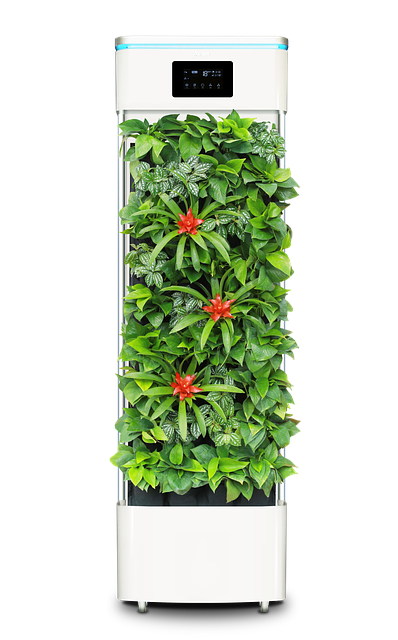Air purifier FAQs
James Brains/Insider
Why do I need an air purifier?
Air purifiers can help clean indoor air of pollen, pet dander, incense, cooking grease and smoke, and more — basically, it does what its name implies.
According to the EPA, air purifiers outfitted with a HEPA filter are an effective way to remove particles from smoke and ash and can be particularly helpful in improving symptoms for individuals with asthma or COPD. They are also an effective way to improve indoor air quality during wildfires (as we saw during 2020’s spat of fires on the West Coast).
What do air purifiers remove from the air?
An air purifier’s filter will determine what pollutants it can remove from the air. A HEPA filter removes particulate matter ranging from 0.3 to 10 microns. This includes bacteria, mold, pollen, dust, smoke, pet dander, and more.
Activated carbon filters and other specialized filters can remove gases, including VOCs, from the air. These gases are often produced by consumer products, paints, industrial solvents, refrigerants, cosmetics, pharmaceuticals, fuel, pesticides, cleaning supplies, and more. Unlike HEPA filters, there is no standard for measuring the effectiveness of gas-removing filters.
What does HEPA mean?
HEPA stands for “high-efficiency particulate air.” As defined by the EPA, true HEPA filters are able to capture at least 99.97% of all airborne particles, including dust, mold, bacteria, and pollen, that are 0.3 microns in diameter.
Are all your picks true HEPA filters?
No. That said, we generally give true HEPA filter models preference in our picks. However, there are some “HEPA type” or even non-HEPA models that perform just as well or better than true HEPA filter models and have features that make them a better pick. We make a point of specifically saying if a model has a true HEPA filter.
What’s the difference between true HEPA and HEPA-type filters?
As mentioned above, a true HEPA filter can capture at least 99.97% of all airborne particles that are 0.3 microns in diameter, which the EPA calls the most penetrating particle size, meaning particles that are larger or smaller should theoretically be easier for true HEPA filters to catch.
HEPA-type filters do not have a standard so it’s important to look for the “true …….
Source: https://www.insider.com/guides/home/best-air-purifier
